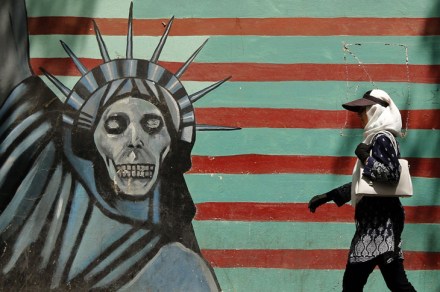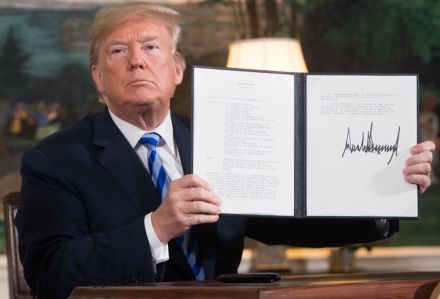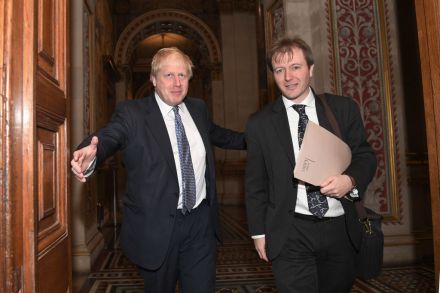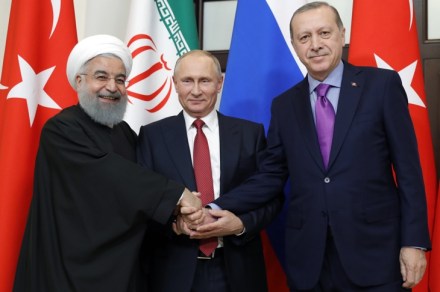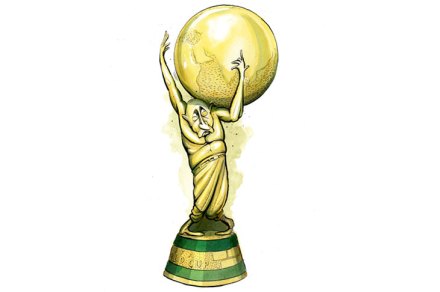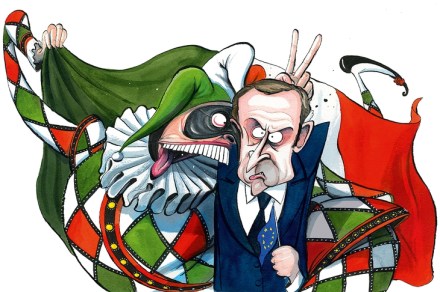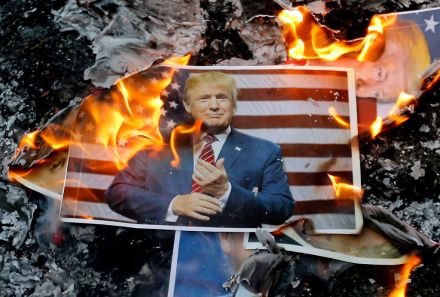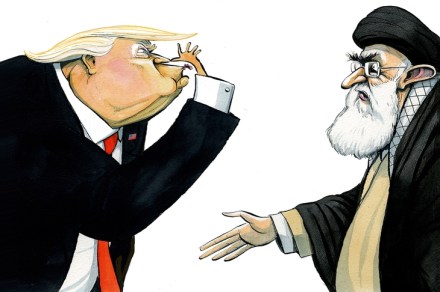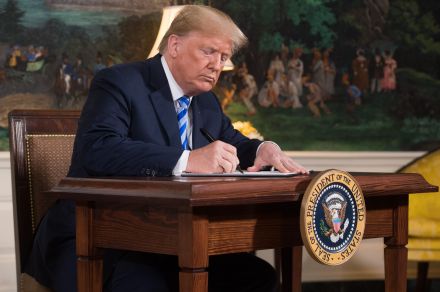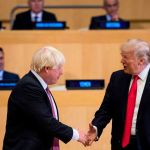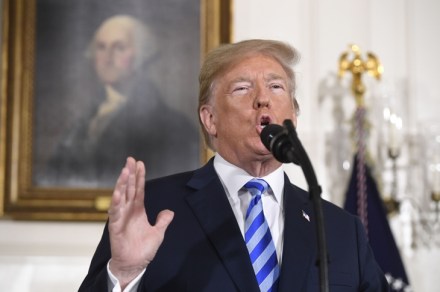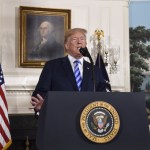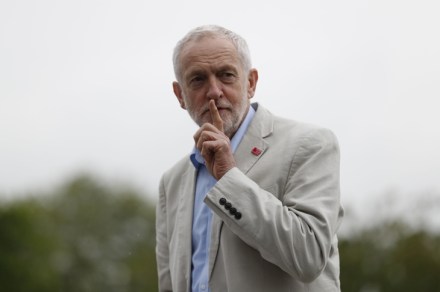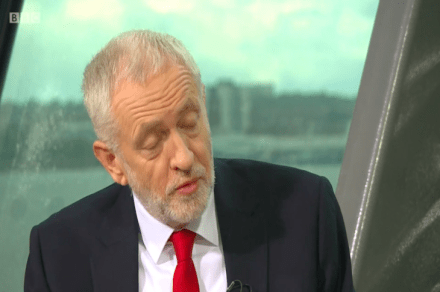The Spectator’s Notes | 9 August 2018
President Trump has ended US participation in the Iran deal and imposed sanctions. No doubt this is annoying to the British and other Europeans who mistakenly helped devise it, but why are they — especially we — clinging to it still? Without the United States, it cannot work. Trump’s move is supported by our allies in the Middle East — Saudi Arabia, the UAE, Bahrain, Israel — who are constantly threatened by Iranian-backed terrorism. Inside Iran, once again (but little reported), people seeking freedom and work are protesting, yet we actively support a regime which has, for 40 years, been bitterly hostile to our interests and way of life. The
